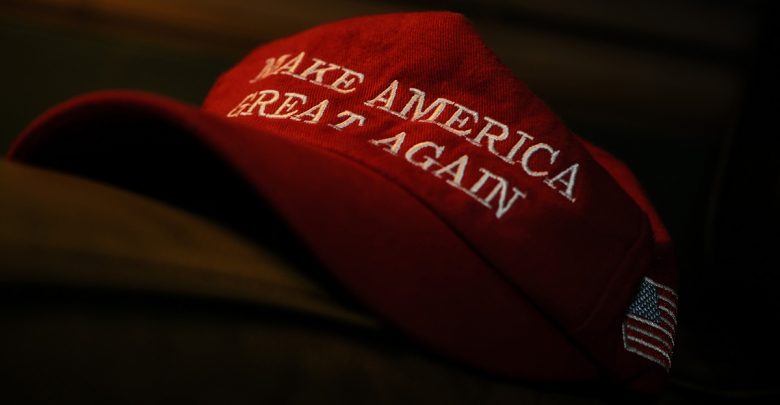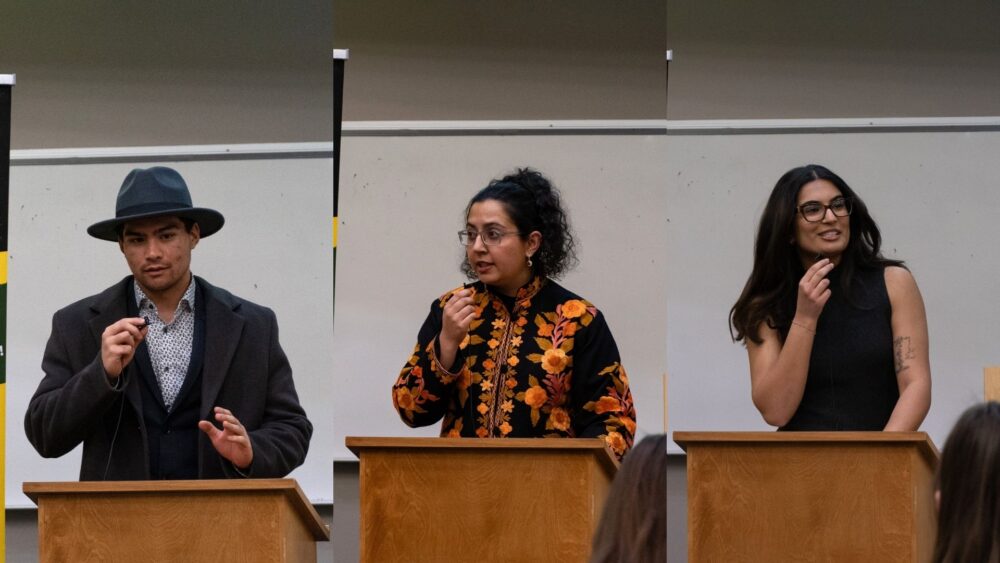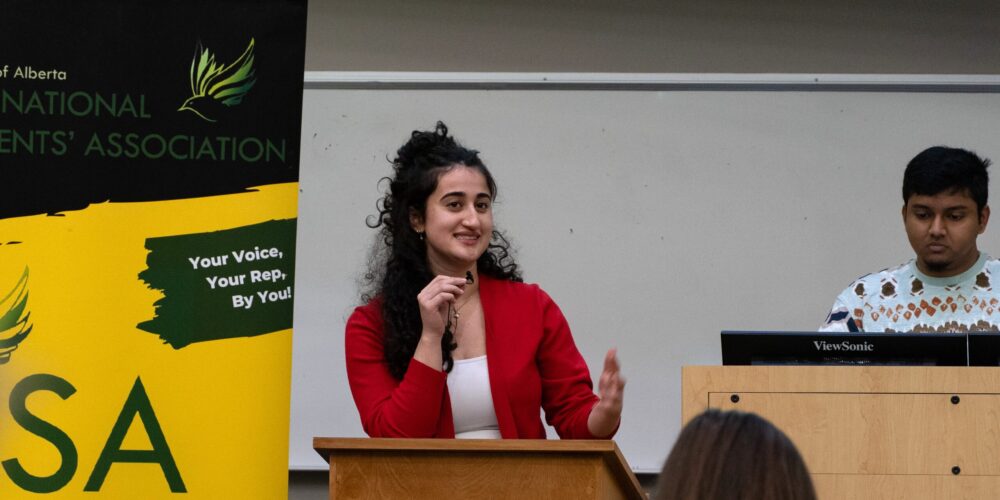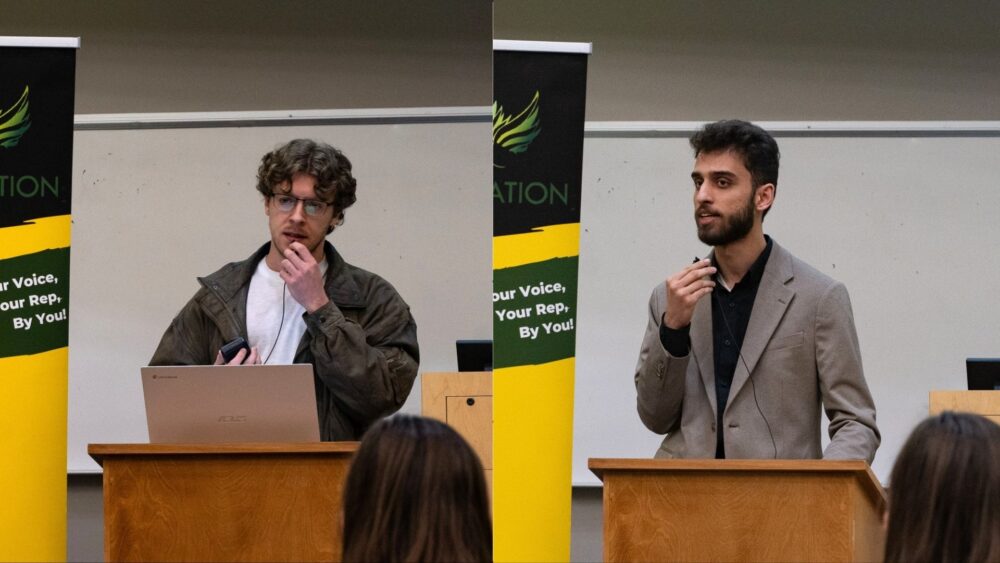We shouldn’t serve, or tolerate, hatred
While civility is great, it doesn't always help us fight intolerance
 Supplied
SuppliedRecently, a manager at Vancouver’s Stanley Park Teahouse restaurant was fired for refusing service to a customer wearing a “Make America Great Again” (MAGA) hat. I think the manager shouldn’t have been fired. In fact, I think the manager portrayed an important aspect of a progressive tolerant society: being intolerant of the intolerant.
MAGA hats have become symbolic of the hateful rhetoric wielded by Trump both during the election and his presidency. I’m sure we’re all well-acquainted with the harmful things Trump has said. From mocking the #metoo campaign to being outright racist and openly sexist, Trump has come to embody a vicious storm of hatred and discrimination. To say MAGA hats are becoming a literal symbol of hate is well within reason. The question is, how do we respond to intolerance?
Karl Popper’s paradox of tolerance has been discussed a lot in the context of free speech, but it applies to the rules of civility as well. The reality is that hate isn’t always born of ignorance, and for those who choose hatred when presented facts, no amount of reasoned discussion will turn them from it. The rules of civility in discourse, which limiting our conflicts over issues into clean, pre-defined arenas of politics, only apply when both parties are willing to respect the rights of everyone involved and debate in good faith. Both of these things are not true of those who actively chose hate: not only does their hate spill over into day-to-day life, but they’ve embraced that hate despite evidence undermining their hatred. The only option left is to reject people who choose hate, both inside and outside politics.
Now consider the context of the customer with the MAGA hat. That customer has chosen, likely with no shortage of criticism, to wear a hat that represents hatred and oppression. More criticism likely isn’t going to change the customer’s mind, and it’s unlikely that having a debate with the customer will do more than waste time.
The proper response, the response that the manager gave, is to reject that hat and all those who choose to wear it. It sends a clear message to the customer that the hate the MAGA hat represents isn’t welcome in that establishment. More importantly, it provides a tangible consequence: a negative incentive to supporting hate. This isn’t just some niche belief either: it’s a growing movement in the US, from denying Sarah Huckabee Sanders service at a restaurant to the increase in public confrontations and harassment of a variety of members at all levels of the Trump administration.
Civility is typically an important part of life. It allows us to be equal and feel comfortable in debate and discourse; however, it also limits our power to combat hate. When faced with willful intolerance, those tools don’t work well. You usually can’t debate someone out of being a willing racist or convince active misogynists of gender equality. The tools that are left require a level of intolerance, things like peaceful civil disobedience to active denial of service. We can’t convince people not to hate, but by rejecting them at every level of society, we can send them a message that that hate just isn’t welcome.




